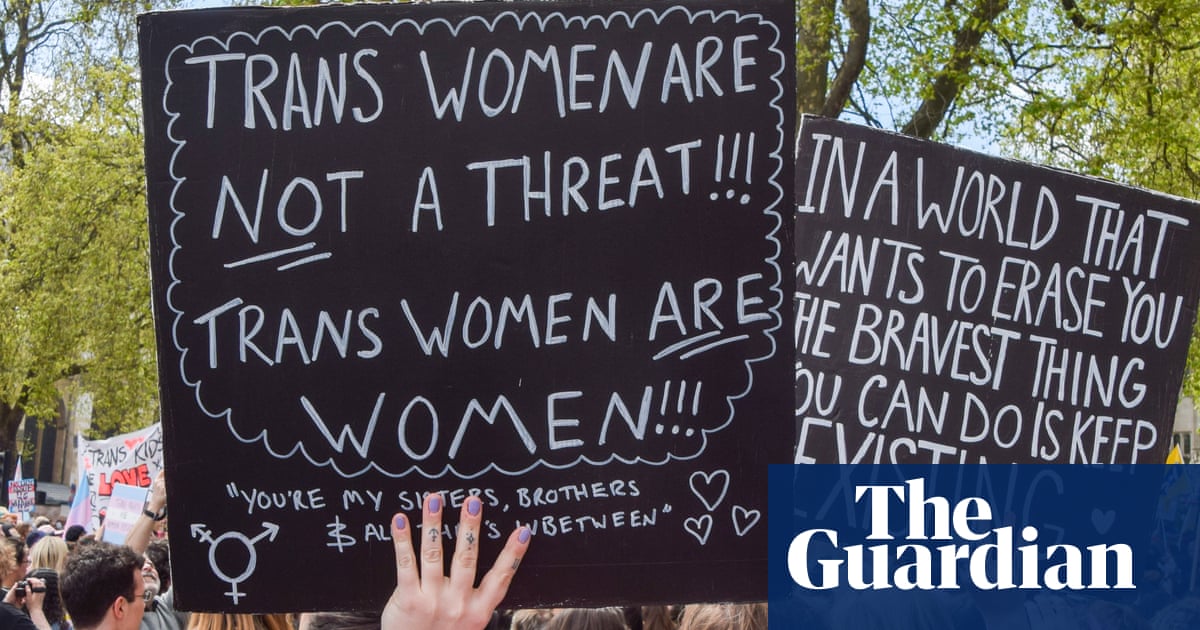“I actually love the concept,” Donald Trump recently told Time magazine of a proposal circulating within his cabinet to raise taxes upon those earning over $1m. “I don’t want it to be used against me politically, because I’ve seen people lose elections for less, especially with the fake news.”
Few presidential administrations have killed sacred cows at a faster rate than that of Donald Trump. But this really is shocking: a sitting Republican president praising a proposal to raise taxes upon the wealthy, adding only the slight caveat that it would be adversely spun by those in “the fake news”. A tax increase, Trump apparently believes, would be tenable as policy but not as politics.
Trump says something similar of almost every idea thrown his way, and commentators have long observed that the surest way to change the president’s mind is to be the last person who spoke to him. Perhaps more interesting than Trump’s judgment on the issue, then, is that leading members of his cabinet have endorsed a similar tax hike. Longtime anti-tax activists are panicked. As the Lever recently noted, there’s every reason to believe that serious cracks are appearing in the Republican anti-tax coalition.
First: why? The proposal itself is a brainchild of the conservative American Compass thinktank, which, in a June 2024 white paper, proposed raising taxes upon the wealthy to pay down the American national debt. “The constituency and base of the Republican party is shifting,” Oren Cass, American Compass’s founder, told the Atlantic in April. To extend Trump’s 2017 tax cuts by simply adding $5tn to the American national debt would be, in Cass’s words, “pathetic, embarrassing, and outright cheating”.
Steve Bannon, like Cass, has long fretted about the contradiction between the Maga movement’s populist posture and its upwardly redistributive governance. “This is a 1932-type realignment, if we do this right,” Bannon told Semafor in December. “You have to break that mindset that stock buybacks are fine, that crony capitalism is fine, and the tax breaks for the corporations are fine, then you’re going to squander a unique moment in history.”
The proposal’s origins might be among the movement’s heterodox policy impresarios, but – more confusingly – its potential backers within the White House aren’t just self-styled economic populists like JD Vance. Those reportedly open to the idea also include mainstream conservatives like Russell Vought, director of the office of management and budget and a stalwart of the Heritage Foundation, and Scott Bessent, a former hedge fund manager and Trump’s treasury secretary.
Their voices confound the expectation that the party’s “realignment” wing is driving the breakdown of the Republican consensus on tax-cutting. Instead, it’s something much more prosaic: the Trump administration’s economic team has realized that an abnormally large slice of the American debt needs to be refinanced this year.
Trump administration officials hoped that, following Trump’s “liberation day” tariff announcement, investors would seek safety from a faltering stock market by shifting capital into US treasury bonds. Such a move, they reasoned, would drive bond prices up and yields down – since bond yields fall when prices rise, as the fixed interest payments become less attractive relative to the purchase price. Lower yields, in turn, would ease the government’s borrowing costs.
And for a moment, it seemed the plan was working. The 10-year yield dipped, and Trump touted it as validating his tariff strategy. But the movement didn’t hold. Rather than rotating into bonds, investors fled both equities and treasuries, spooked by inflationary pressure from tariffs, fiscal instability and rising geopolitical risk. The result was a sharp drop in demand for government debt, a spike in yields and a higher cost of borrowing – precisely the outcome the White House had hoped to avoid.
The Trump administration’s one weird trick to refinance at lower costs than necessary failed. Now, the Republicans have two remaining options: cut spending, or cut the tax-cutters loose.
What does that portend for the future of American conservatism? Whether or not the Trump administration follows through on raising taxes on the wealthy – it likely won’t – the fiscal compact that’s underpinned American conservatism has, at least in the near term, become unsustainable.
after newsletter promotion
Since the presidency of Ronald Reagan, conservatives have largely managed to slash taxes on the wealthy without pursuing correspondingly deep austerity measures. Public debt has made up the difference. “Reagan proved deficits don’t matter,” Dick Cheney reportedly told the treasury secretary as the Bush administration sought a second round of tax cuts in 2003. But, at least over the next year, deficits will very much matter. And however the Republicans choose to resolve their impasse, a critical flank of the Trump coalition – either the wealthy or the party’s increasingly working-class base – will need to pay.
If the Republican fiscal bargain is breaking apart, the GOP will need another way to unify its increasingly disparate base. The Democrats have long suffered from a similar issue: the statistician Andrew Gelman observed in 2007 that the real mystery of Americans’ voting behavior wasn’t that working-class voters were drifting towards the GOP – an overstated effect at the time – but that rich and poor alike were casting their lot with Democrats. The Democrats resolved this, but to mixed results. Rather than take on the deeper structural questions of economic inequality, they focused their campaigns on defending existing programs like social security and Medicare, advancing measured reforms in the name of racial justice, and protecting rights to abortion and same-sex marriage.
Perhaps the crack-up of the tax-cutting coalition will lead the Republican party to attempt that compromise a l’envers. Just as the Democrats sidestepped thorny economic issues by rallying around the defense of widely accepted civil rights, the GOP could turn away from its longstanding economic bargain – the one that has defined its politics since Reagan – and instead double down on its campaign to undermine those same rights. In deepening its abuses against noncitizens, racial and sexual minorities, and activists on behalf of Palestinian rights, the Trump administration might perceive itself as restoring purpose to a party sorely lacking it.
It’s too soon to tell. What is certain, however, is that the tax-cutting coalition as we know it has become deeply unsustainable. Tax-cutting once unified the Republicans. But, in forcing Trump to choose between taxing the top or deeper austerity for the bottom, it now threatens to blow it apart.
-
Alex Bronzini-Vender is a writer living in New York

.png) 5 hours ago
3
5 hours ago
3













































